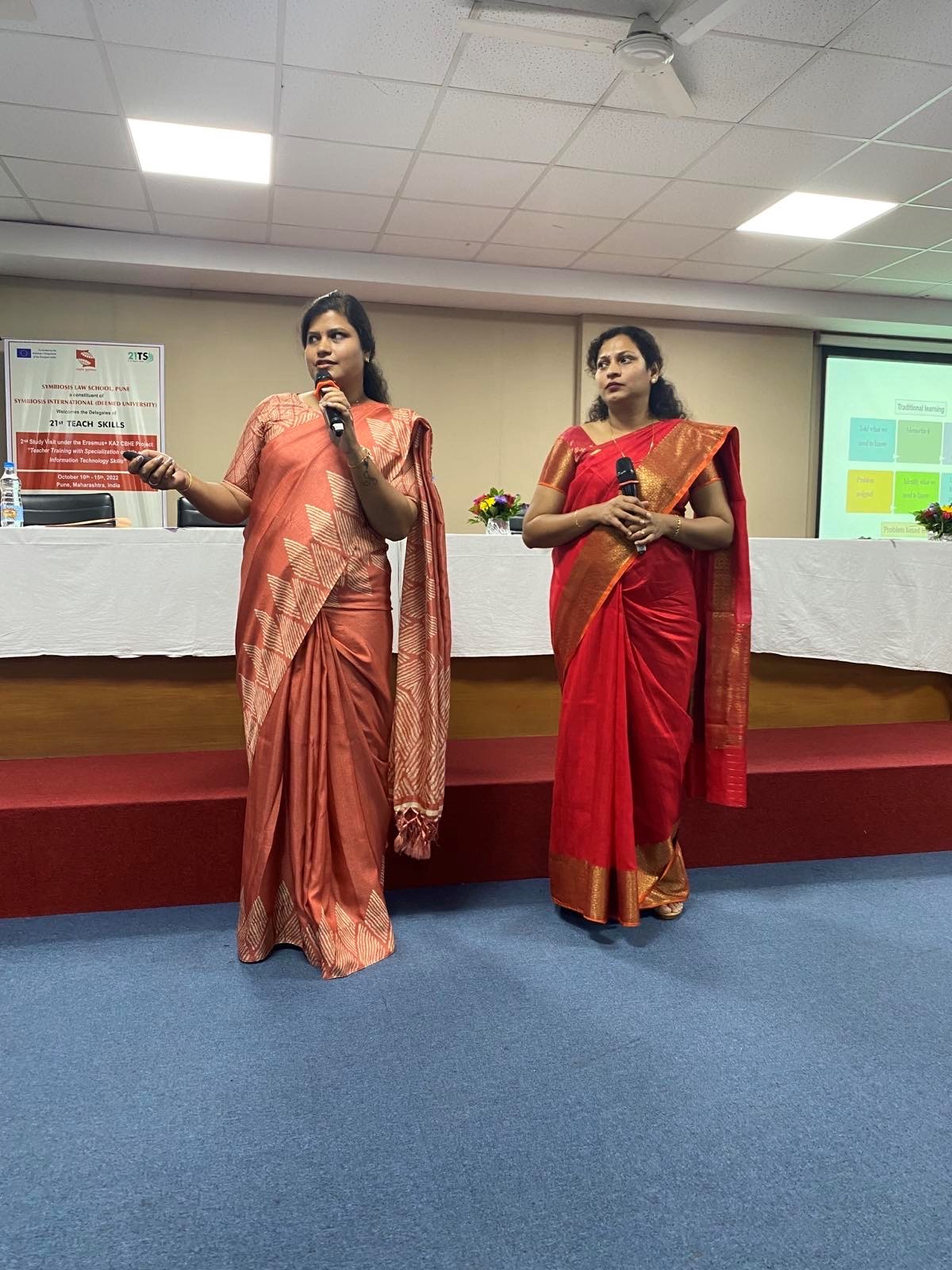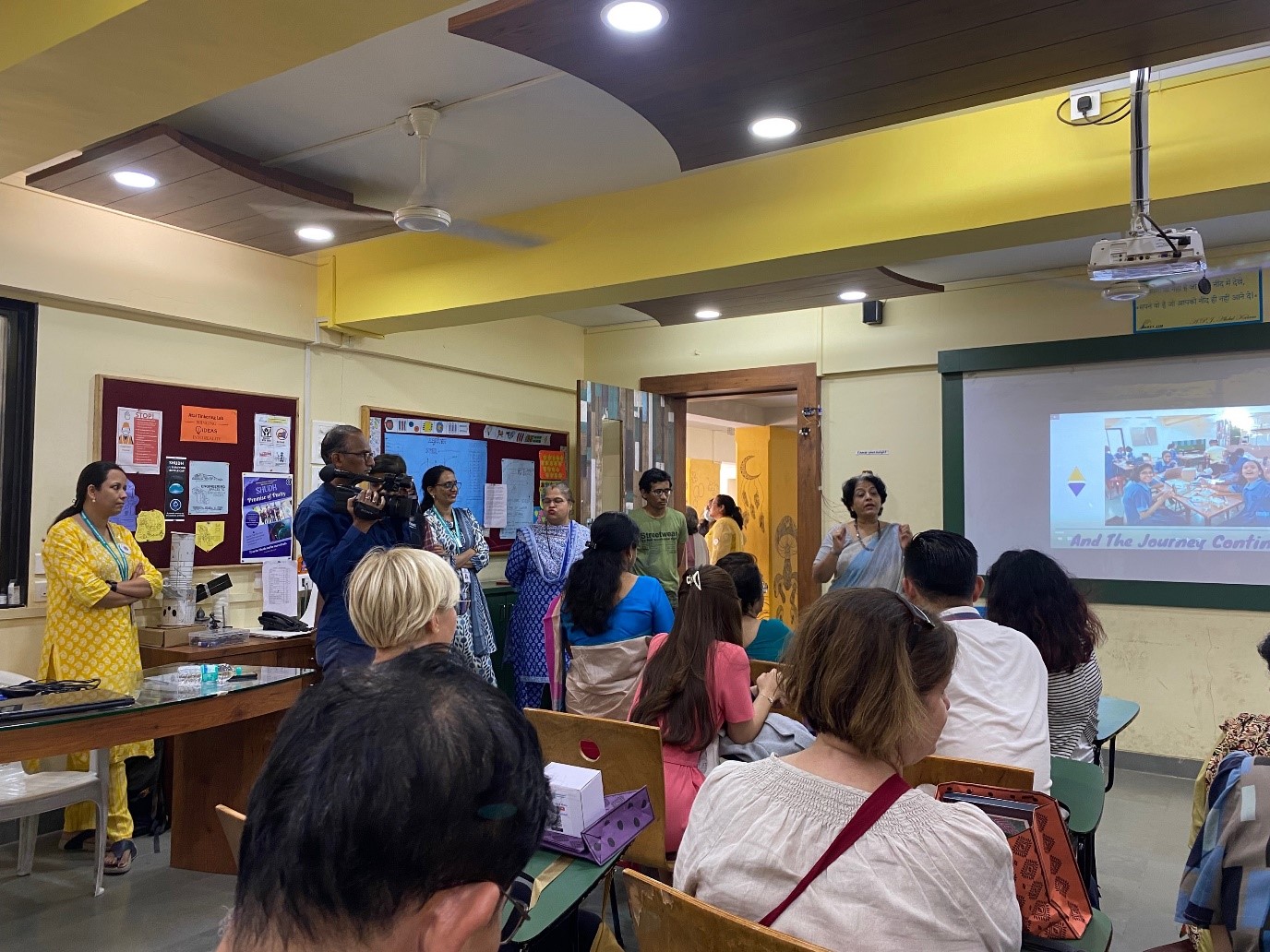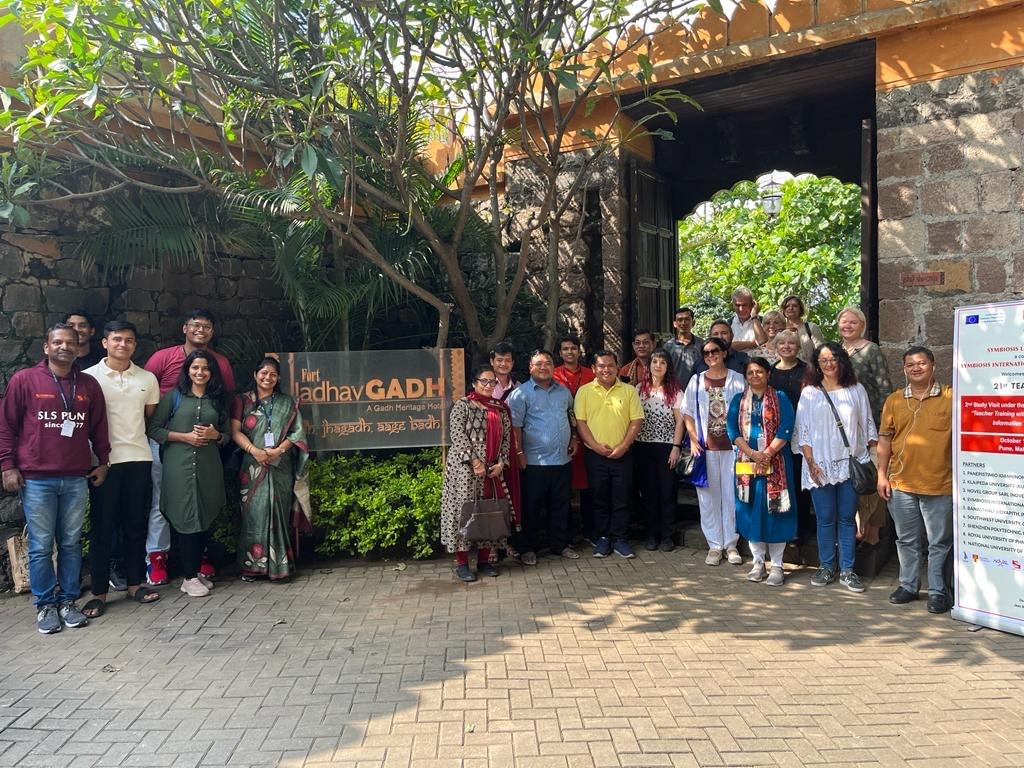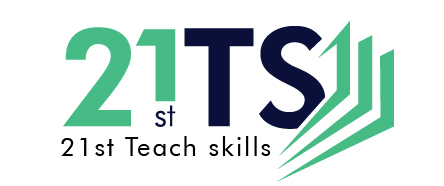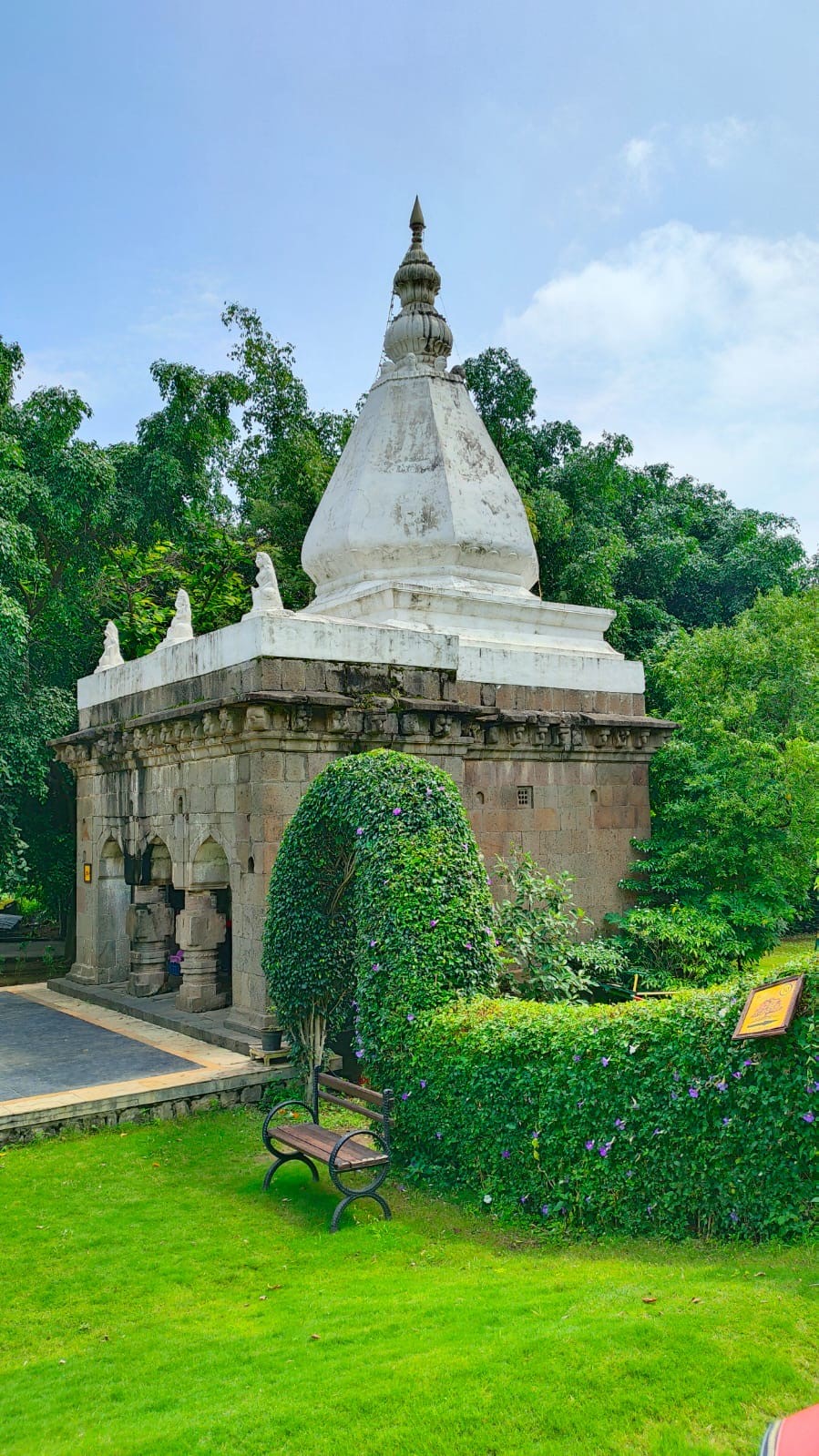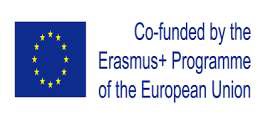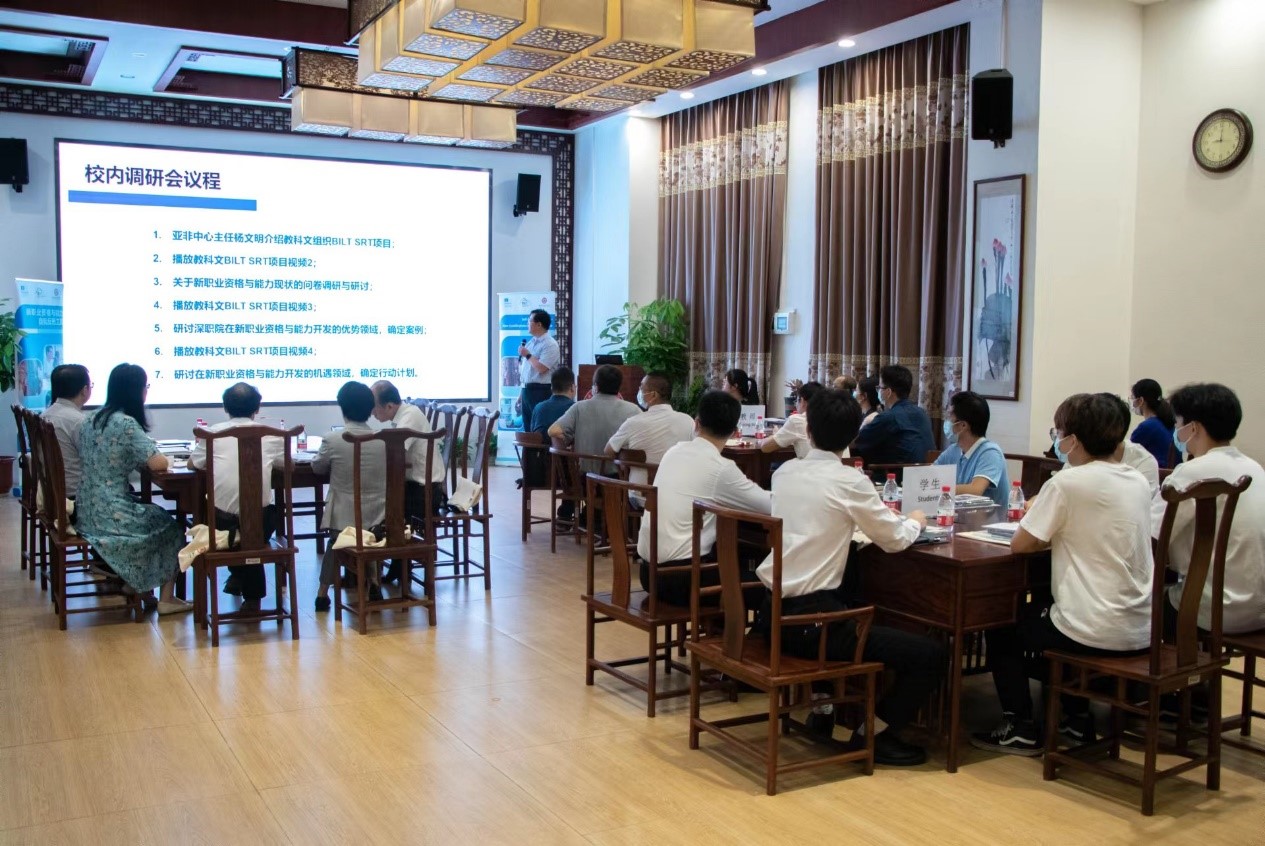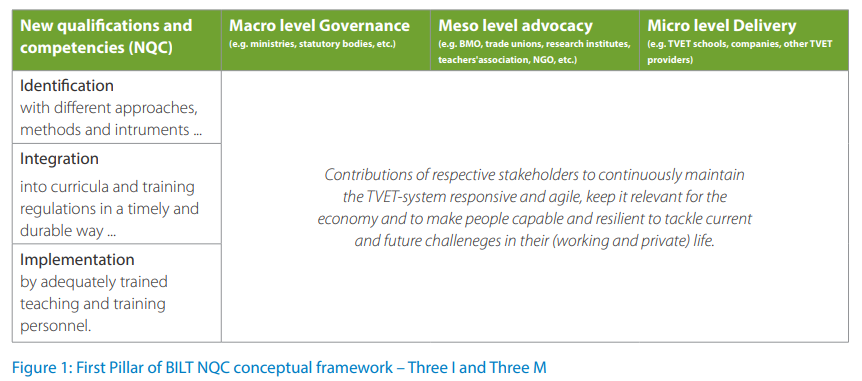- 21stteachskills
- Hits: 182
21st TS – 2nd Study Visit: A rewarding conclusion
20/10/2022
After a very fruitful 5 days of the 2nd Study Visit of 21st TS in India, we would like to take some time to express our gratitude towards everyone that helped organise and conduct the activities. Also, we would like to give special thanks to Symbiosis Law School for hosting the study visit and setting up the 21st Teach Skills Lab at its institute in Viman Nagar.
All project partners and university leaders from the partner organizations contributed to the study visit in order to carry forward the concept of 21st Century Skills that is key for creating an impact on the education system of the project’s Asian partner countries - India, China and Cambodia.
Overall, the activities organized had more than 100 participants every day that were trained and took part in the pilot testing of the modules developed. The study visit also included cultural showcasing at Pune, had a great appeal and was covered by multiple media sources that can be found in the attachment below.
Lastly, this was our second initiative that helped us ease our way into achieving our consortium’s objectives and goals - integrating the 21st century skills in the teachers’ educational programs, for the teachers to be effective in today’s society.
We should of course not forget that all the above would not have been possible without the tired-less efforts of both Prof. Katerina Plakitsi from University of Ioannina and Prof. Dr. Rajani Gupte from Symbiosis International University.
